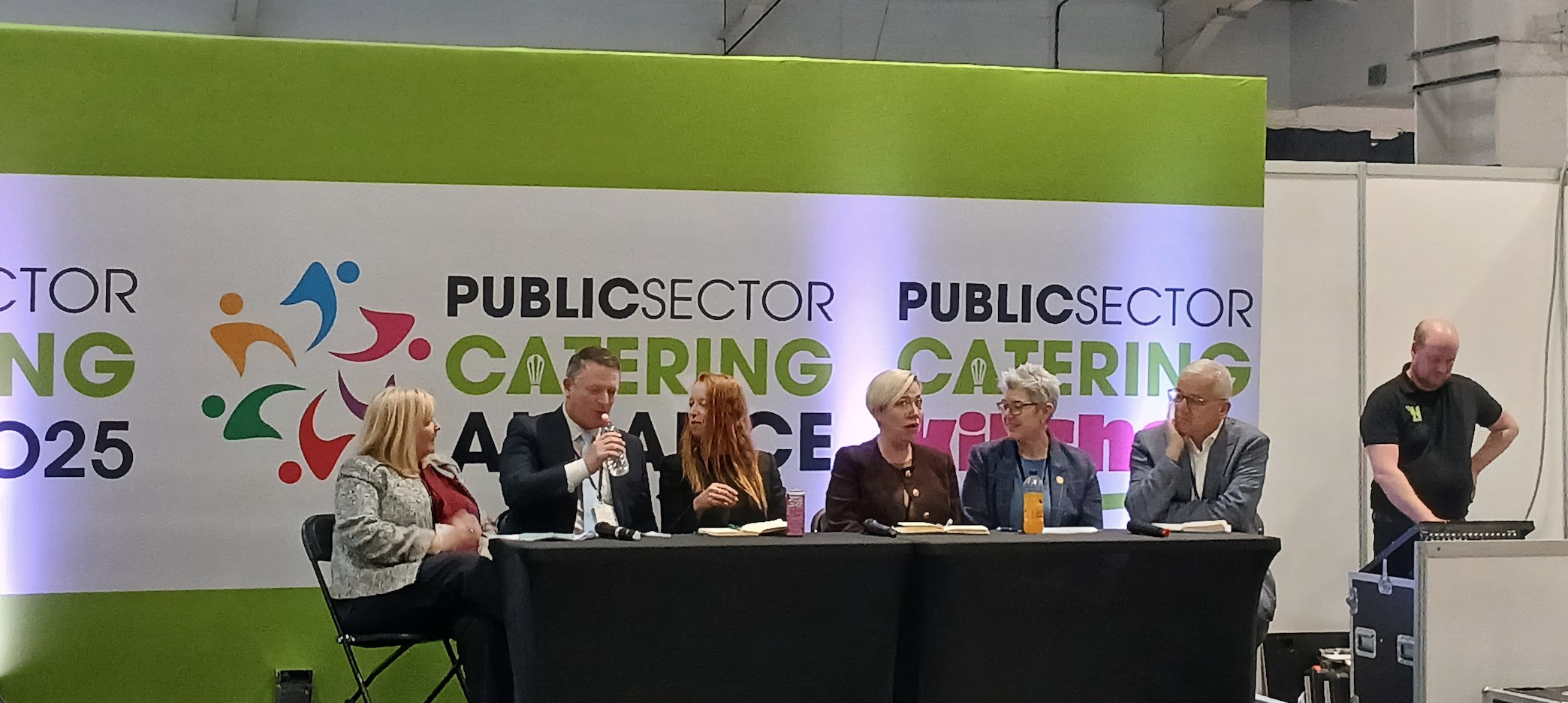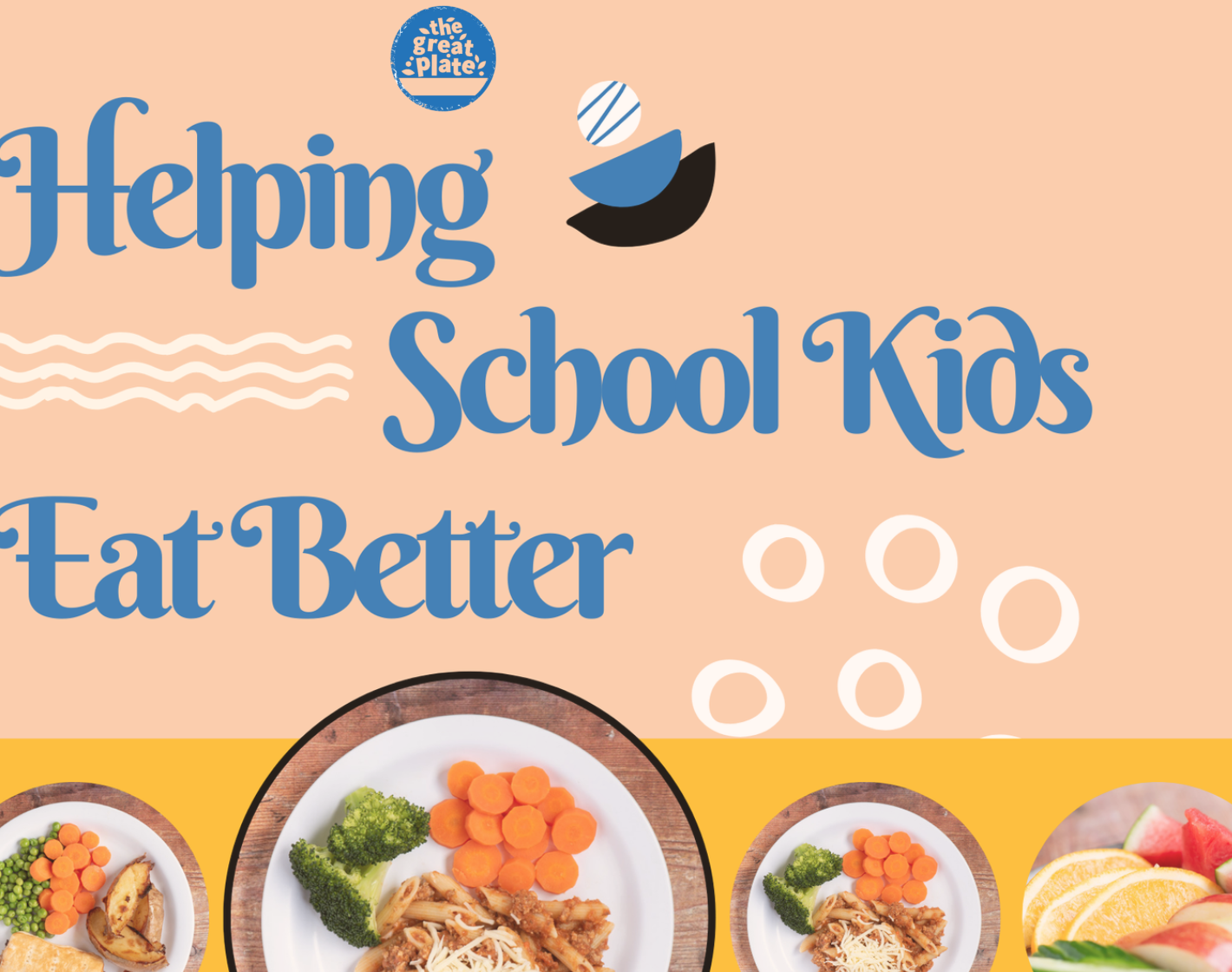Cambridge Food Hub hosts event to explore how to get more fresh local organic fruit and vegetables onto the public plate in Cambridgeshire.
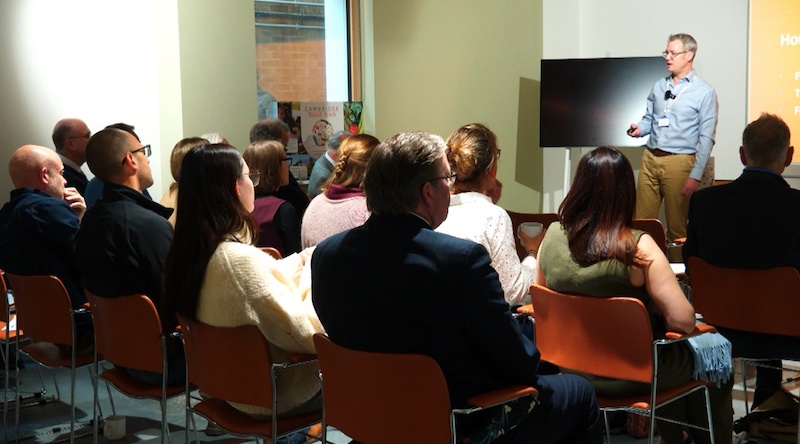
On 24th September, around 25 guests representing key stakeholders in public sector food procurement across Cambridgeshire gathered at Cambridge University’s Institute for Sustainable Leadership, to begin exploring how to get more fresh local organic fruit and vegetables onto the public plate in Cambridgeshire.
The event was hosted by Cambridge Food Hub as part of the UKRI-funded Procurement for Good project. The purpose of the event was to begin to imagine what a healthier, more resilient public sector food system built on local, seasonal, and sustainable supply chains might like.
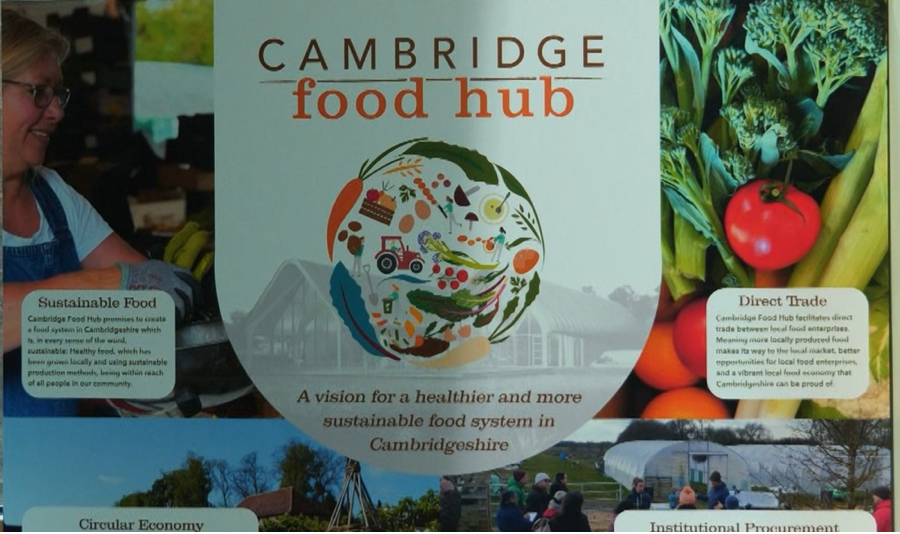
The morning began with Duncan Catchpole, Founder of Cambridge Food Hub, who set the tone for the day by outlining an ambitious vision to transform public food supply. His vision to create a model that not only nourishes communities with nutritious meals but also strengthens local farms and shortens supply chains – ultimately leading to a new central food hub to supply the city and surrounding villages.
Three guest speakers brought different perspectives to setup the group discussion.
Malcolm McFrederick, Project Director for the forthcoming Cambridge Children’s Hospital, spoke first. Malcolm shared how food and nutrition are being embedded into the hospital’s very design. Due to open in 2030, the hospital is co-created with families and clinicians, and its developing Food Manifesto sets out four pillars: “my nutrition,” “family activity”, “food for staff,” and “food as sustainability.” Kitchens on every ward and a therapeutic teaching kitchen will help families build healthy relationships with food. With time still on their side, the hospital team is eager to build partnerships with local producers to ensure nutritious, seasonal food becomes a corner stone of its culture.
Anthony Davidson, fifth-generation farmer at Franks Farm, spoke second. Anthony reflected on his family’s journey from a once-thriving, mixed farm employing 200 people to the pressures of monocropping and commodity markets. Now, he is reshaping the farm’s future by reconnecting directly with consumers and schools. Anthony highlighted the promise of public sector procurement as a stable outlet for farmers—if contracts and support for horticulture can align. His work with local schools already shows the appetite for children to grow, cook, and eat fresh food.
Janie Bickersteth of OxFarmtoFork spoke third. Janie described how Oxfordshire institutions are rethinking procurement through collaboration. What began in 2023 with three chefs and five producers has grown into a non-profit linking 20 colleges with 20 local farms. Their model includes reinvesting college joining fees into farm infrastructure, creating mutual benefit for producers and institutions alike. Their success story demonstrated how shorter supply chains and cooperative working can transform procurement culture.
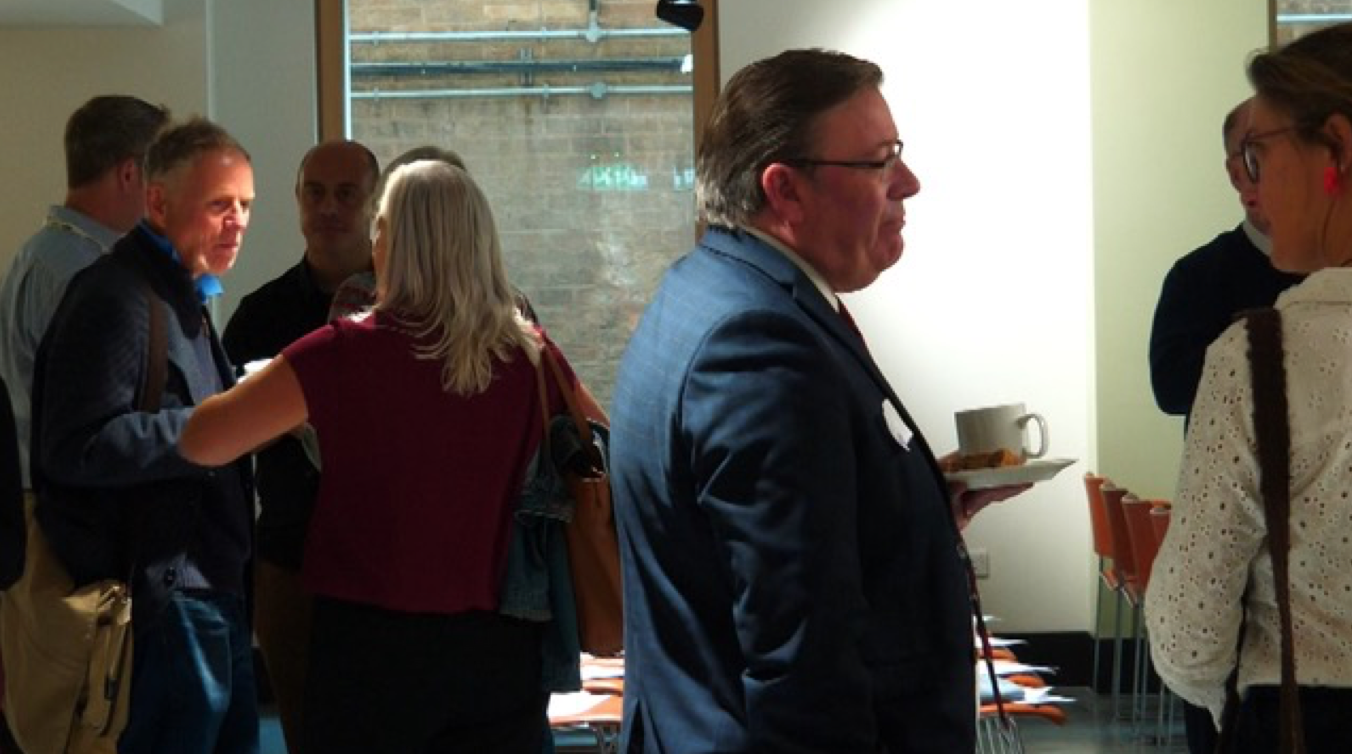
After hearing from the speakers, participants broke into groups to explore three questions: (1) the vision for local food in Cambridge’s public institutions, (2) how each stakeholder could contribute, and (3) what next steps should be taken.
The collective vision at the end of the meeting emphasised short supply chains that delivered on taste, nutrition, and resilience. Participants stressed the importance of rebuilding connections with food through education for the general public, while also recognising that public procurement must balance cost with trust, health, and long-term security.
Individuals committed to small but concrete actions—from advocating within their institutions to organising knowledge-sharing events. Colleges and private schools, with greater autonomy and resources, were highlighted as potential leaders in piloting change in the Cambridge area. As was the planned Children’s Hospital due to be built in 2030, that has a bold 'whole hospital approach' to food that operates across the four pillars Malcolm highlighted in his talk.
The event closed with optimism and momentum. There was a shared recognition that procurement is more than contracts and supply—it is a lever for community health, farmer resilience, and climate-friendly food systems.
Latest news
